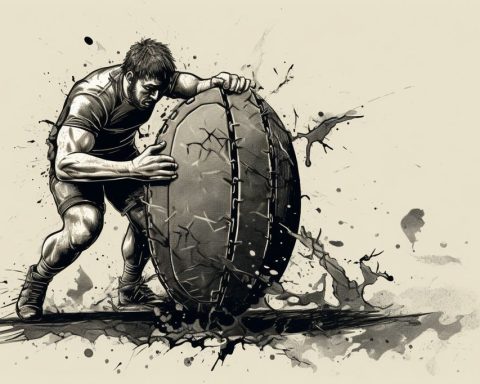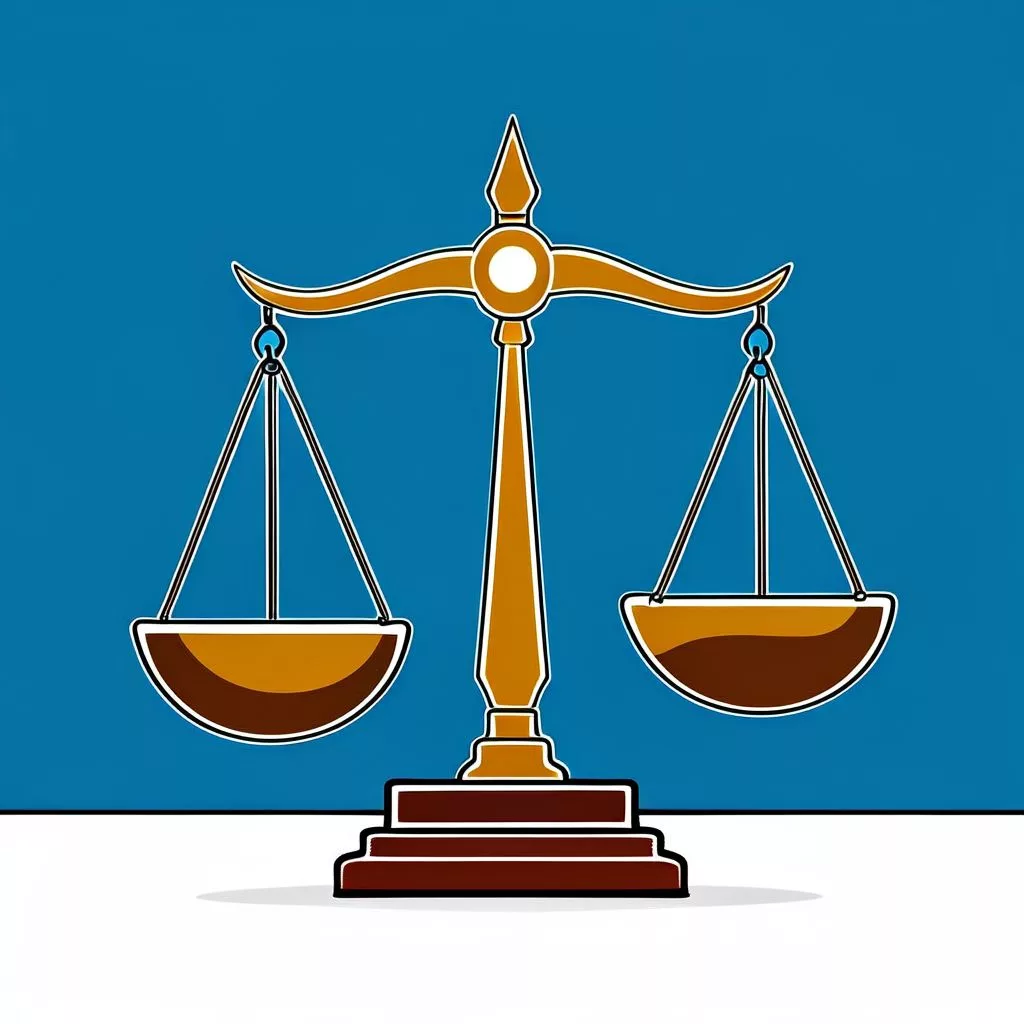The UWC Rugby team is embarking on an exciting journey with DKMS Africa to fight against blood cancer and promote stem cell donation. Led by passionate player Seabelo Senatla, the team is using their love for rugby to inspire their community to make a difference. This partnership shows how sports can create real change, as the players spread awareness and encourage others to register as potential lifesavers. With support from their coach and the community, UWC Rugby is setting a powerful example of how athletes can unite for a good cause and help those in need.
How is UWC Rugby making an impact with DKMS Africa?
UWC Rugby is partnering with DKMS Africa to raise awareness about blood cancer and stem cell donation. Led by Seabelo Senatla, the team aims to use their platform to encourage community engagement and inspire societal change, demonstrating the transformative power of sports in addressing health crises.
A New Chapter for UWC Rugby
The University of the Western Cape (UWC) Rugby team is on the brink of a significant transformation that extends far beyond the rugby field. This new chapter, highlighted by Cape {town} Etc, is powered by an inspiring partnership with DKMS Africa, a nonprofit organization committed to fighting blood cancer. At the heart of this initiative lies UWC’s ASEM (Academia, Sport, and Education Management) and Corporate Social Investment (CSI) programs, which reflect UWC’s dedication to community development through the influence of sports.
Leading with Passion and Purpose
Spearheading this partnership is Seabelo Senatla, a celebrated player for the DHL Stormers and an ardent ambassador for DKMS Africa. During his visit to the UWC Rugby team at their Varsity Shield home matches, Senatla seized the moment to align their mutual goal of societal contribution. He motivated the players with his conviction in the rugby community’s capacity to effect change off the field. “Rugby transcends the game; it’s about fostering a community and creating a positive impact. This is why we reached out to UWC Rugby,” he stated, emphasizing the broader implications of their collaboration.
Senatla’s words struck a chord as he elaborated, “Through their ASEM and CSI initiatives, I aimed to show them how their platform can be a force for good. True heroism extends beyond scoring tries – it’s about rising to the occasion where it matters most. By partnering with DKMS Africa, they’re not just raising awareness but actively encouraging people to register as potential lifesavers for those battling blood cancer and blood disorders.”
Building on Shared Histories
The collaboration between UWC Rugby and DKMS Africa gains strength from the deep-rooted history and mutual respect between Senatla and UWC Rugby’s Head Coach, Paul Treu, who coached Senatla during his early years. Treu’s support for the initiative highlights the larger mission of leveraging rugby’s platform for positive change. “Seabelo’s efforts with DKMS Africa are indeed inspiring. Raising awareness about blood cancer and stem cell donation is lifesaving work. As athletes, we have a platform, and it’s crucial to use it for meaningful causes. I believe our players have a unique opportunity to spread this message further, not just among their teammates but within their communities and beyond,” Treu remarked.
The Power of Sports for Social Change
This initiative is more than a short-term campaign; it exemplifies the broader potential of sports as a catalyst for societal change. The intersection of sports and social impact isn’t new; it dates back to ancient times. The Greeks celebrated athletic prowess in the Olympics, which also served as a unifying force for the city-states. Similarly, modern sports figures such as Muhammad Ali and Billie Jean King have used their platforms to fight for social justice and equality.
The partnership between UWC Rugby and DKMS Africa mirrors these historical precedents, showcasing how contemporary athletes can drive social change. The role of sports has evolved from mere entertainment to becoming a powerful tool for advocacy and awareness. UWC Rugby’s commitment to extending their influence beyond the rugby pitch is a testament to this shift.
Amplifying the Message
A pivotal figure in this collaboration is Palesa Mokomele, Head of Corporate Communications and Community Engagement at DKMS Africa, who expressed her heartfelt appreciation for the partnership. “Having UWC Rugby on board is a significant step forward in raising awareness about blood cancer and stem cell donation,” Mokomele commented. Her words underscore the importance of such collaborations in amplifying critical health messages and fostering a culture of empathy and active participation in lifesaving causes.
A Broader Trend in Sports
The UWC Rugby team’s involvement with DKMS Africa reflects a broader trend in the sports world towards corporate social responsibility (CSR). This movement isn’t limited to rugby or South Africa. Across the globe, sports teams and organizations are increasingly aware of their potential to influence societal norms and contribute to community wellbeing. Whether it’s the NBA’s efforts to promote voting rights, the NFL’s initiatives to combat racial injustice, or FIFA’s campaigns against discrimination, sports entities are actively participating in CSR.
UWC Rugby’s dedication to DKMS Africa is a small part of this global shift. It highlights a growing consciousness among athletes and sports organizations about their societal responsibilities. By leveraging their visibility and influence, they can drive substantial social change.
Education and Social Responsibility
The partnership also highlights the role of educational institutions in fostering social responsibility among their students. UWC’s blend of sport, academia, and community service through its ASEM and CSI programs offers a holistic approach to education. It prepares students not only for professional success but also for active and engaged citizenship. This model of education, which combines academic rigor with social consciousness, equips students with the skills and values needed to tackle contemporary societal challenges.
In this light, the collaboration between UWC Rugby and DKMS Africa is more than a partnership; it embodies UWC’s educational philosophy. It shows how institutions can harness the power of sport to cultivate a sense of community and social responsibility among their students. It also serves as a powerful reminder of the enduring ability of sport to unite people and drive meaningful change.
Setting a Precedent
As UWC Rugby embarks on this journey with DKMS Africa, they are not merely raising awareness about blood cancer and stem cell donation. They are setting a standard for how sports teams can engage with critical social issues. They are exemplifying the principle that sports, at its best, reflects society’s highest ideals – unity, solidarity, and the collective pursuit of a brighter future.
“`markdown
What is the goal of the UWC Rugby team’s partnership with DKMS Africa?
The primary goal of the UWC Rugby team’s partnership with DKMS Africa is to raise awareness about blood cancer and promote stem cell donation. The team aims to inspire their community to engage in this cause and become potential lifesavers.
Who is leading the initiative for the UWC Rugby team?
The initiative is led by Seabelo Senatla, a celebrated player for the DHL Stormers and an ambassador for DKMS Africa. His passion for both rugby and community engagement drives the team’s efforts to effect positive social change beyond the rugby field.
How does the UWC Rugby team plan to engage the community?
The UWC Rugby team plans to engage the community through awareness campaigns that encourage people to register as stem cell donors. By leveraging their platform and visibility as athletes, the team aims to foster a culture of empathy and active participation in lifesaving causes.
What role does UWC’s educational philosophy play in this initiative?
UWC’s educational philosophy, which combines sport, academia, and community service through its ASEM and CSI programs, plays a crucial role in this initiative. It prepares students to be socially responsible citizens, equipping them with the skills needed to tackle contemporary societal challenges through active engagement in causes like blood cancer awareness.
How does this partnership reflect a broader trend in sports?
This partnership is part of a growing trend in the sports world towards corporate social responsibility (CSR). Sports teams globally are becoming increasingly aware of their potential to influence societal norms and contribute positively to community wellbeing, underlining the importance of athletes in driving social change.
What kind of impact is UWC Rugby hoping to achieve through this collaboration?
UWC Rugby hopes to set a precedent for how sports teams can engage with critical social issues, exemplifying unity and solidarity. By raising awareness about blood cancer and stem cell donation, they aim to inspire other teams and athletes to leverage their platforms for meaningful change, demonstrating that sports can indeed create real impact.
“`












